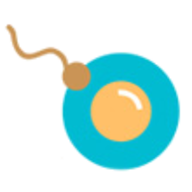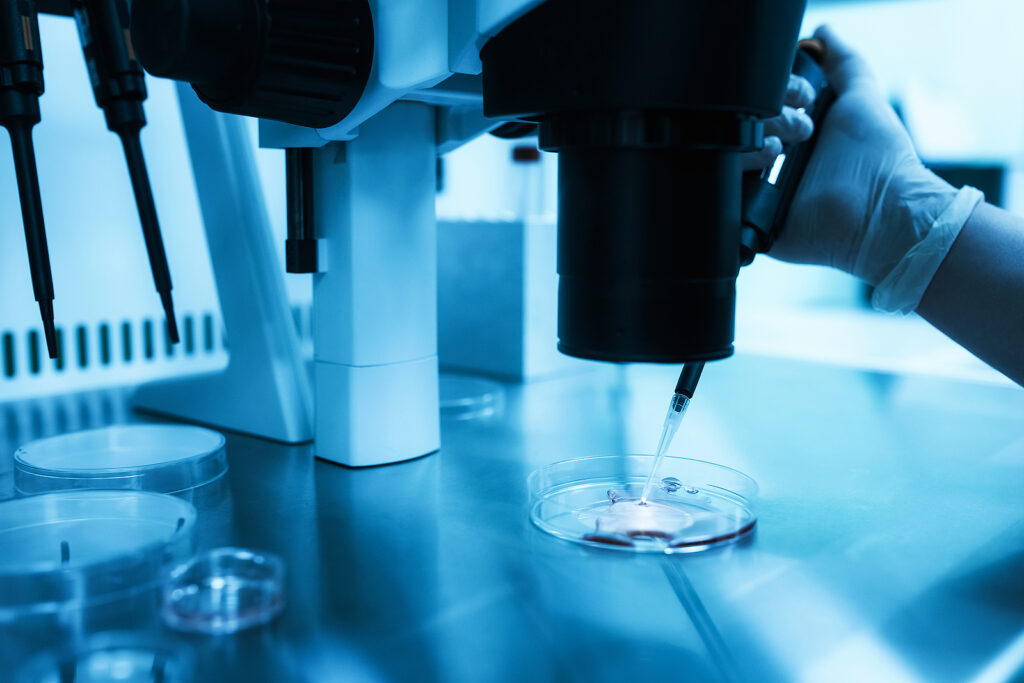Angelica Cheng
Active Member
Good morning, here is a link to Genesis International Egg and Sperm Centre. We specialise in Asian donor gametes and are happy to work with Fertility clinics in Singapore. All our egg and sperm donors are worked up in line with Australian and U.K legislation. Take a look at our website, we have over 30 egg donors currently available and offer great guarantees.

 eggandspermcentre.com.au
eggandspermcentre.com.au
 eggandspermcentre.com.au
eggandspermcentre.com.au


About Us - Genesis International Egg And Sperm Centre
Genesis International Egg and Sperm Centre is a reputable donor egg, sperm and embryo Centre with a comprehensive donor database, specialising in Asian gametes. Our aim is to help create opportunity for you to achieve your dream of creating and growing your family. OUR VISION, MISSION AND...
Egg Donors - Genesis International Egg And Sperm Centre
Last edited:




